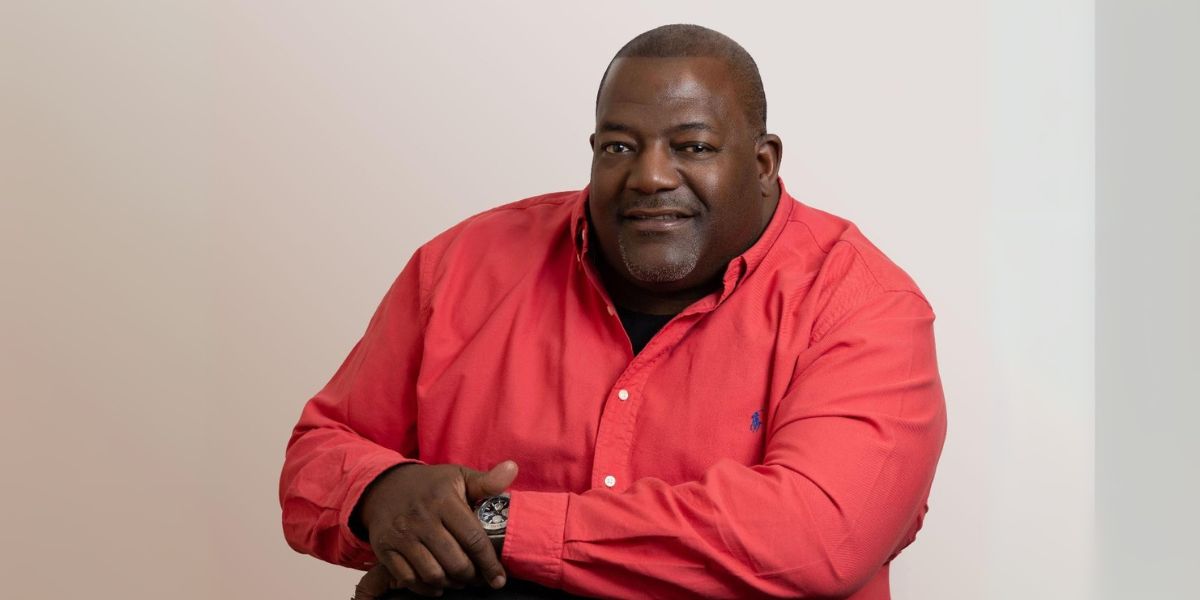Baseball has long been a proving ground for up-and-coming players seeking to make their mark in a competitive landscape. From the high school diamond to the college ballpark, the game challenges physical ability, patience, self-discipline, and the ability to adjust. For those hoping to make the leap from budding talent to professional athletes, the formative years of their career have a significant impact on what will become of their future.
Dwayne Moore first came into contact with baseball, playing Little League at the age of 11 with the East New York Little League in Brooklyn and later with the nationally known Brooklyn Bonnies Baseball organization. His natural talent and passion for the game were evident from those early days. He later attended Abraham Lincoln High School in New York City and rapidly rose through the ranks. Eventually becoming captain of the varsity baseball team, Moore stood out for both his leadership and consistent performance on the field. His ability to excel under pressure set him apart and garnered the attention of sportswriters and professional scouts nationwide.
In his final year of high school, Moore hit an incredible .489, cementing his status as one of the league’s premier hitters. His strength as a hitter was highlighted by his notable home run total, an achievement that placed him among the standout high school players in the state. This performance did not go unnoticed, as he was selected as a NYC Daily News All-Star, an award reserved for the city’s best high school athletes. The award highlighted Moore’s capability to perform well in an arena where competition was stiff and expectations were high.
Despite receiving offers from several well-regarded collegiate baseball programs—including the University of Hawaii, Wichita State, Seton Hall, and the University of New Mexico—Moore’s academic standing presented a challenge. Due to not meeting the GPA requirements for direct admission, he opted to take an alternative route, enrolling at Miami Dade College. This was more of a strategic decision, as he was further trained in his skills during junior college, while keeping his long-term dreams alive in professional baseball.
At Miami Dade College, Moore’s transition to the college level presented new challenges and opportunities. The heightened level of competition necessitated him to adjust rapidly, refining his mechanics and style of play. As a starting player, he was instrumental in the team’s success, consistently driving key RBIs and displaying a solid defensive presence. His efforts were crucial in leading his team to the finals, proving his capability to perform under pressure.
College-level baseball did more than test Moore’s physical ability; it also instilled core values such as teamwork, endurance, and thoughtfulness. Performing with and competing against excellent players, he had to withstand the level of toughness that drove him to advance his craft continually. The exposure laid the foundation for the subsequent phases of his professional life, preparing him to develop the discipline and mentality that enabled him to venture into higher levels of competition.
Outside of statistics and awards, Moore’s path through high school and college baseball was characterized by his unyielding dedication to excellence. His capacity to overcome adversity and adjust to new surroundings highlighted his will to excel. Whether serving as captain for his high school team or competing in the high-pressure environment of college baseball, he exhibited the traits of a serious and committed athlete.
Moore’s time at Miami Dade College and Abraham Lincoln High School was key to his professional dreams. What he used and learned during those formative years (everything from dealing with working with others in leadership roles to learning the technical aspects) set the stage for what was expected from him in taking the next steps in his career. His career demonstrates the importance of determination and adaptability in sports. In continuing his baseball career, the foundation he developed as a person when he was younger was always there.
His time in high school and college baseball helped him grow not only as an athlete but also as a competitor. Through consistent effort and perseverance, he worked through challenges and developed the mindset needed to perform at a high level. Ultimately, his combination of talent and strong work ethic enabled him to pursue greater opportunities and continue advancing in his field.

















